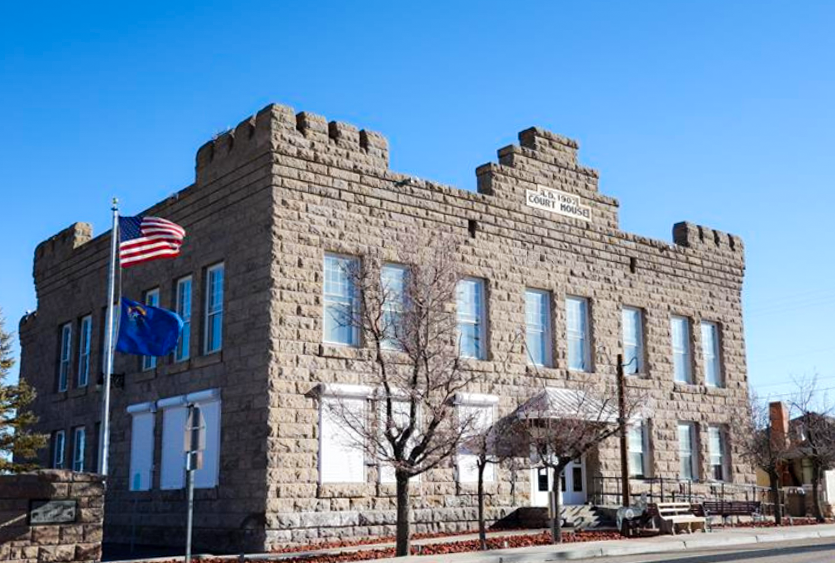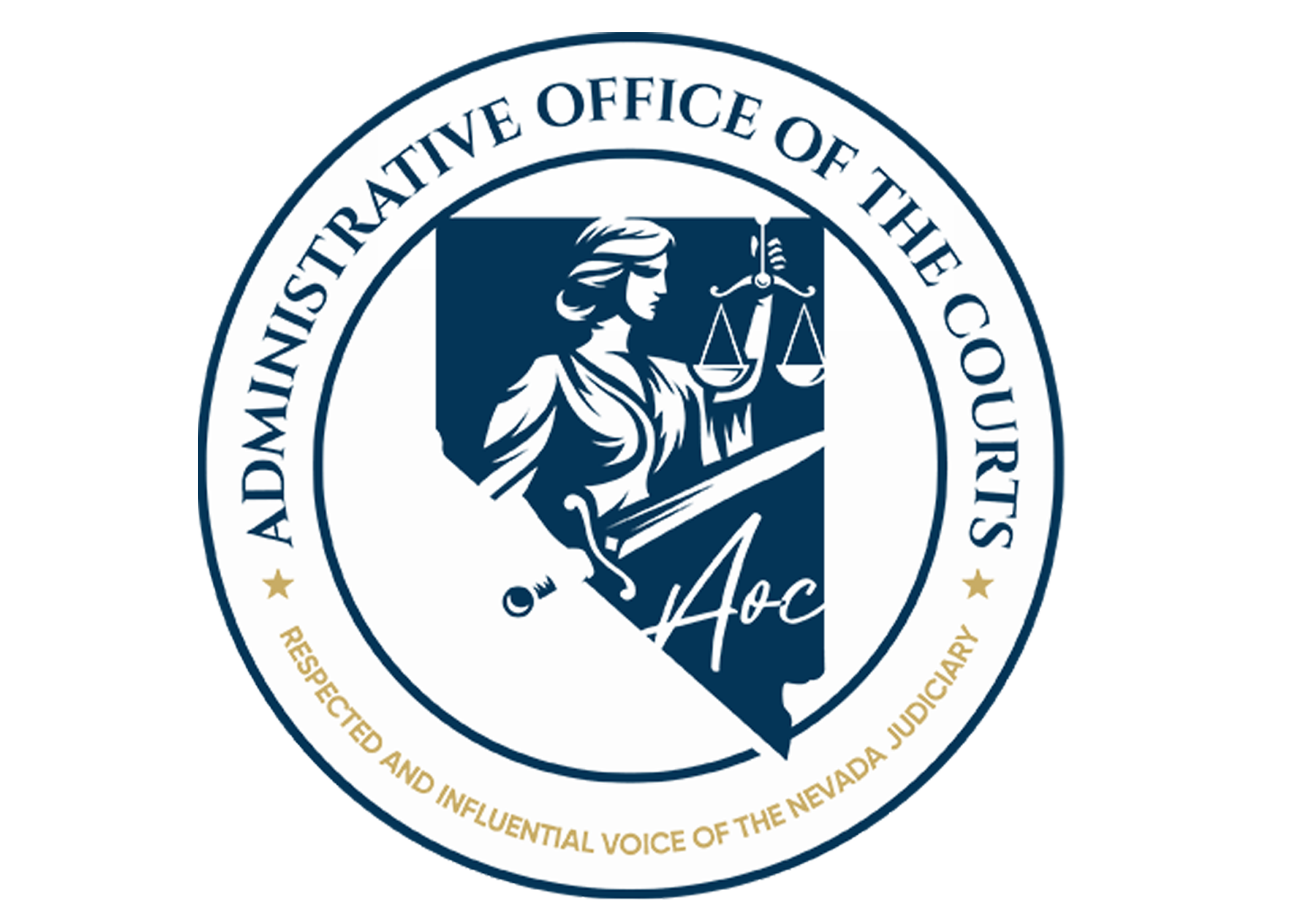Types of Courts in Nevada

Nevada’s court system is designed to handle different types of legal matters based on their complexity and scope. There are four main types of courts in the state: municipal courts, justice courts, district courts, and the Supreme Court, each serving a unique purpose.
Municipal courts operate within city limits and primarily deal with local issues. These courts handle traffic violations, misdemeanors, and violations of city ordinances like noise complaints or zoning infractions. Nevada has 17 municipal courts, served by 30 judges, making them an option for resolving minor legal matters in cities. It is important to note that not all Nevada cities have a municipal court—some rely on justice courts instead.
Justice courts operate at the county level and handle a range of cases, including misdemeanors, small claims disputes up to $15,000, evictions, and preliminary hearings for felony cases. Justice courts are the only courts in Nevada that handle small claims. These courts play a vital role in providing access to justice for residents, particularly in rural areas that may not have municipal courts.
District courts handle more serious and complex cases. These courts have general jurisdiction, which means they hear a wide variety of cases, including family law matters like divorce, child custody, and adoption, as well as criminal trials for felonies. They also handle civil disputes involving amounts greater than $15,000, such as contract disputes or personal injury claims. Nevada is divided into 11 judicial districts, which collectively serve all 17 counties in the state.
At the top of the judicial system is the Supreme Court of Nevada, the state’s highest court. Its primary role is to review appeals from lower courts to confirm that decisions were made according to the law. The Supreme Court also interprets state laws, providing guidance and setting legal precedents for future cases. The court is composed of seven justices who work to resolve disputes and clarify legal questions.
Nevada also has a Court of Appeals, which helps manage the caseload by handling certain cases assigned by the Supreme Court.
By understanding the roles of these three courts, Nevadans can better navigate the legal system and address their specific legal needs in the appropriate venue.

